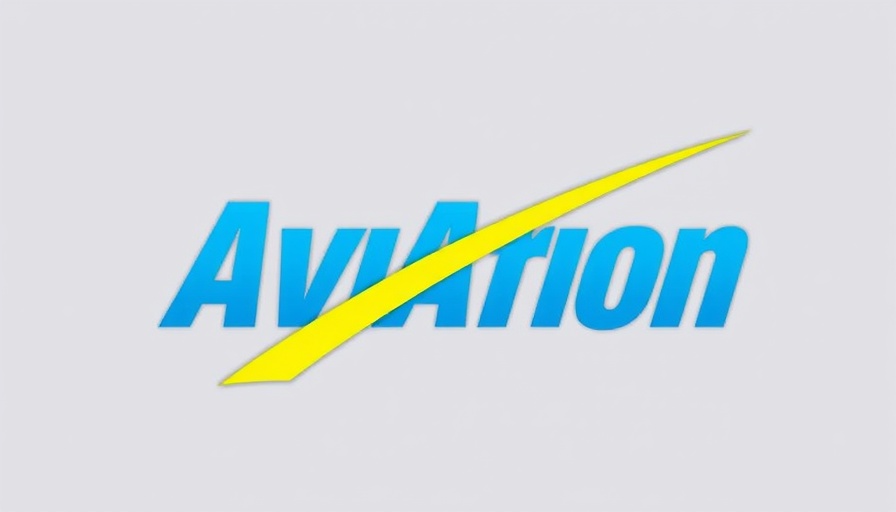
JetBlue Takes a Bold Step in Sustainable Aviation
JetBlue Airways recently unveiled a significant milestone in sustainable travel by becoming the first airline to regularly supply sustainable aviation fuel (SAF) for commercial use at New York City’s John F. Kennedy International Airport (JFK). This development marks an essential shift in aviation fuel sourcing aimed at reducing carbon emissions and fostering a greener future for air travel.
What Does This Mean for Airlines and Business Travelers?
For airlines and logistics managers exploring more eco-friendly flight options, JetBlue’s commitment to utilizing SAF could redefine operational standards across the industry. The agreement with World Fuel Services promises a minimum of 1 million gallons of SAF for the upcoming year, with an opportunity to add another 4 million gallons, enhancing both the sustainability and efficiency of flight operations.
Connecting the Dots: Collaboration Is Key
This initiative isn’t solely about JetBlue; it thrives on collaboration with corporate partners who are committed to financing the higher costs associated with SAF compared to traditional jet fuel. Such partnerships showcase how airlines can leverage collective resources to drive forward renewables in aviation. As JetBlue's CFO, Ursula Hurley states, "Incorporating SAF into our flights is an important lever in decarbonizing the aviation industry." This highlights the collective effort needed to transition effectively to sustainable practices.
The Bigger Picture: Global Implications for Supply Chains
Aviation logistics and trade routes are undergoing pivotal changes. The establishment of SAF at JFK will not only impact local air travel but also set a precedent for the wider application of SAF across airports in the U.S. and globally. The Port Authority of New York and New Jersey has already begun researching how to efficiently deliver SAF through existing infrastructure, paving the way for more airports to adopt similar practices.
Inspirational Steps Towards a Greener Future
JetBlue’s efforts come amidst increasing calls from the aviation sector for more incentives to enhance SAF adoption. With proactive measures being taken at an international gateway like JFK, JetBlue serves as a model for others in the industry, inspiring sustainable travel practices at a time when eco-consciousness is paramount among travelers.
As travelers increasingly demand low-emission travel options, the adoption of SAF represents a significant step towards reducing the carbon footprint of air travel. Airlines, logistics managers, and environmentally-conscious business travelers should take note of these advancements—this sustainable approach is not just beneficial but necessary for the future of travel.
Make an Impact: To stay updated on sustainable aviation initiatives and to understand how these changes can affect your travel plans, follow JetBlue’s progress and consider participating in initiatives that promote greener travel.
 Add Row
Add Row  Add
Add 




Write A Comment